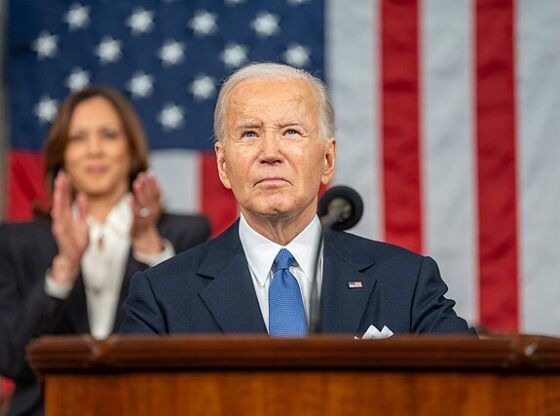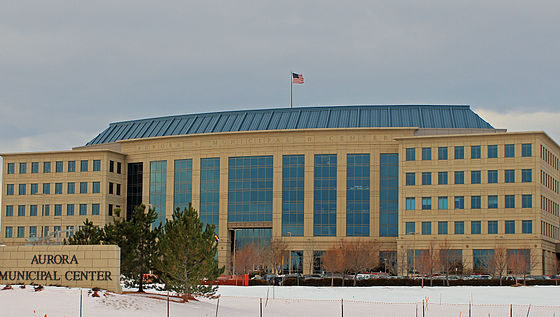The U.S. Supreme Court announced that it will soon hear three cases in an effort to clarify workplace discrimination protections for the LGBTQ community.
The new conservative majority will determine whether or not the Civil Rights Act of 1964 guarantees protection; according to The New York Times, the Equal Employment Opportunity Commission argues that the 1964 law applies, but the current presidential administration and many federal courts believe otherwise, “saying that the landmark legislation that outlawed discrimination based on race, religion, national origin and, notably, sex, cannot fairly be read to apply to discrimination based on sexual orientation or transgender status.”
The court will hear Altitude Express Inc. v. Zarda, a New York case involving a skydiving instructor who claims he was fired for being gay. It will be consolidated with Bostock v. Clayton County, Georgia, in which a child welfare services coordinator claimed the same thing after he was terminated. For the Zarda case, the majority opinion of the Court of Appeals for the Second Circuit argued that “sexual orientation discrimination is motivated, at least in part, by sex and is thus a subset of sex discrimination.” The Georgia decision briefly referenced a 1979 case that called sexuality unprotected.
Separately, the court will examine how the workplace discrimination protection applies to transgender people. The case, R.G. & G.R. Harris Funeral Homes Inc. v. Equal Employment Opportunity Commission, centers around a woman named Aimee Stephens who was fired from a funeral home shortly after coming out as trans and starting to dress in female-branded clothing at work. The owner of the funeral home responded to Stephens’s coming out with the following reason for termination: “Well, because he was no longer going to represent himself as a man. He wanted to dress as a woman.”
The court must decide how sexual orientation and gender identity fit into the term “sex” as it is written in the Civil Rights Act of 1964. It furthers the common division within the court and the broader U.S. regarding how older pieces of legislation should be interpreted today.
More news will come in October when the Supreme Court begins its next term.
Note: The Clarion recognizes that “LGBTQ” is not an all-inclusive acronym for all members of the community but uses it per AP Style guidelines.











